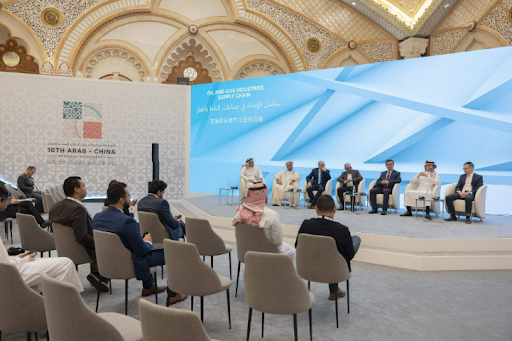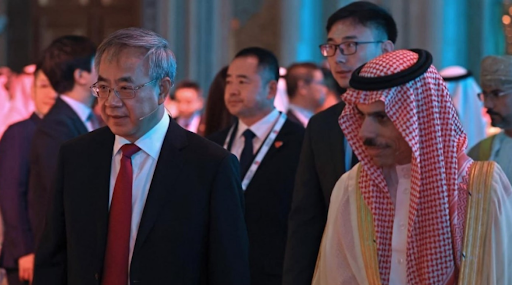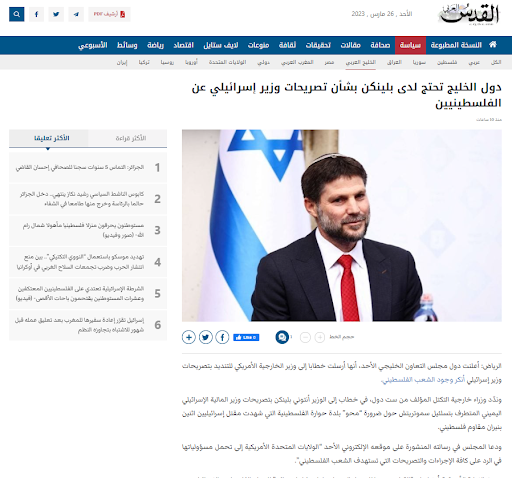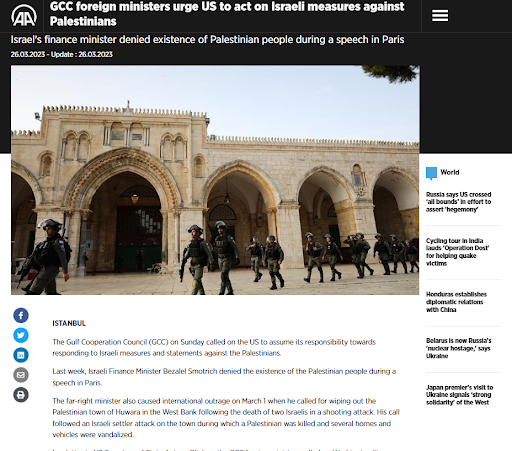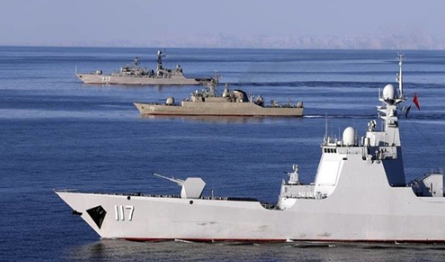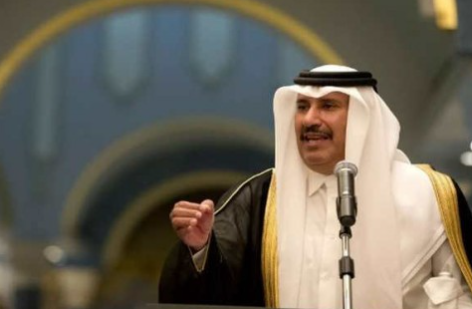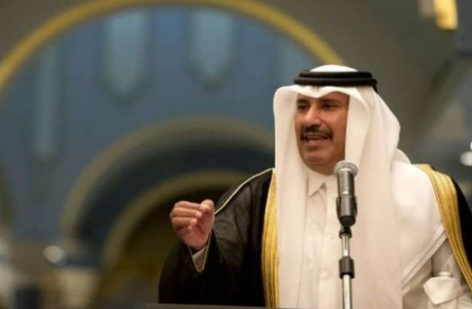
GCC is on the line: How Bahrain Emerged as a New Front in the Growing Saudi-Emirati Rift
Media review: An exclusive report from Darkbox (France)
Confidential sources revealed to Darkbox that Saudi forces, specifically the Peninsula Shield Force, withdrew from Bahrain following a sharp political and security dispute between Saudi Arabia and the Bahraini government.According to these sources, the withdrawal was neither routine nor planned, but rather a consequence of escalating tensions between Riyadh and Abu Dhabi, with Manama finding itself caught in the middle.
The sources describe this move as highly unusual, given the long-standing Saudi military presence in Bahrain and the Kingdom's traditional role as a key guarantor of Bahrain's security. They say the decision to withdraw the forces came after a breakdown in coordination and trust, resulting from what Saudi officials perceived as Bahrain's alignment with Emirati positions that conflicted with Saudi interests.









